Russian opposition leader Alexei Navalny has died in prison, the country’s prison service said Friday, following a yearslong struggle against official corruption and President Vladimir Putin’s government that saw him survive several poisoning attempts.
He was 47.
Navalny was poisoned with a military nerve agent while on a business trip in Russia in 2020 — an attempt on his life that he blamed directly on Putin — and spent his final years behind bars as the Russian leader reshaped the country to rally behind his war in Ukraine. News of his death, which comes as the Kremlin is preparing to orchestrate another election victory for Putin in March, drew outrage from the West, where many leaders blamed Putin.
Navalny was serving a combined 30 ½-year jail sentence when he died. He went missing in Russia’s penal system in December, eventually turning up at a high-security penal colony in a remote town above the Arctic Circle.
Russia’s Federal Penitentiary Service said in a statement that Navalny had died after feeling unwell following a walk Friday.
“On February 16, 2024, in penal colony No. 3, convict A.A. Navalny felt unwell after a walk, almost immediately losing consciousness,” the prison service for the Yamalo-Nenets region, where Navalny was moved, said in a statement on its website.
“The facility’s medical workers immediately arrived at the scene and an emergency medical team was called in. All necessary resuscitation measures have been carried out, but they did not yield positive results. Emergency medics confirmed the death of the convict,” the statement added.
There was no immediate information about what exactly caused Navalny’s death, with the region’s investigative committee saying it has launched a “procedural investigation.” Kremlin spokesman Dmitry Peskov said Putin was informed.
Navalny’s wife, Yulia, received a standing ovation at the Munich Security Conference, where Western officials gathered Friday.
“I don’t know whether I should believe the news,” she said, explaining it had come from state sources she said were known for lying.
If it’s true, she said, she wants Putin and his allies “to know that they will be punished for what they have done with our country, with my family and with my husband. They will be brought to justice, and this day will come soon.”
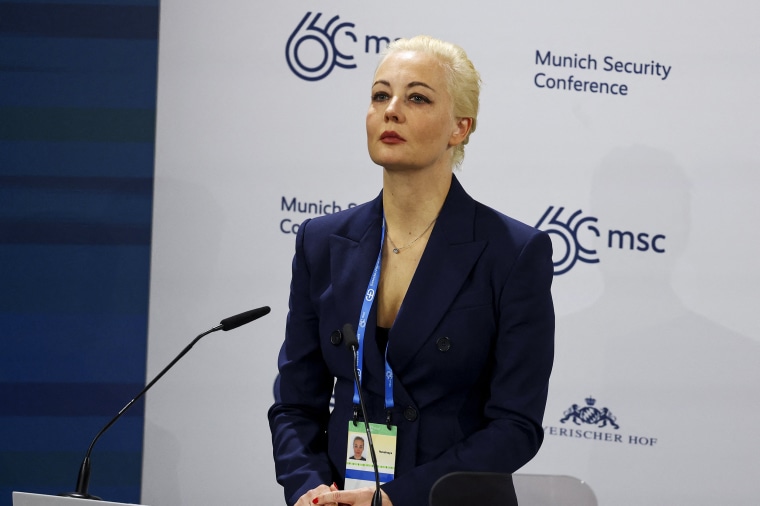
Navalny’s allies have long raised concerns about his health and poor conditions in jail, where they said he had to spend many days in crammed “punishment cells” for the most minor of conduct violations.
But he appeared healthy as he addressed a court via video link from the penal colony Thursday, laughing and cracking jokes.
Navalny’s mother said that her son had also been “healthy and happy” when she last saw him on Monday, according to Russian media.
“I don’t want to hear any condolences. We saw him in prison on the 12, in a meeting. He was alive, healthy and happy,” Lyudmila Navalnaya wrote in a Facebook post on Friday according to the Russian newspaper Novaya Gazeta.
A spokesperson for the opposition leader said on X that they did not have any confirmation of his death and that Navalny’s lawyer was traveling to the town where he was held. “Russian authorities publish a confession that they killed Alexey Navalny in prison,” Leonid Volkov, a close ally of many years, said in a post on X.
Reaction to Navalny’s death was also swift in the West.
The news “only underscores the weakness and rot at the heart of the system that Putin has built. Russia is responsible for this,” Secretary of State Antony Blinken said in Munich, where he met with Navalny’s wife to express his condolences.
Russia’s foreign ministry said that the U.S. “should show restraint and wait for the official results of the forensic examination” instead of making “sweeping accusations.”
NATO chief Jens Stoltenberg said “Russia has serious questions to answer,” while European Union Commission President Ursula von der Leyen said on X that Navalny’s death was a “grim reminder of what Putin and his regime are all about.”
Ukrainian President Volodymyr Zelenskyy, who was also in Munich, said it was “obvious” that Putin was directly behind Navalny’s death. “He doesn’t care who dies to keep his position,” Zelenskyy added. “Putin must lose everything and answer for what he has done.”
A thorn in the Kremlin’s side
Navalny’s death leaves Russia’s opposition, wounded by years of harassment and prosecution, without a clear leader. All of Putin’s most high-profile critics are now either dead, jailed or in exile.
Navalny was, undoubtedly, the biggest thorn in the Kremlin’s side.
For more than a decade, he led nationwide protests against the authorities, ran for office to challenge members of the Russian establishment and set up a network of campaign offices across the country that have since been dismantled.
Born in 1976 in the tiny town of Bytyn, near Moscow, Navalny was educated as a lawyer and economist, but entered politics in 2008, starting his anti-corruption fund, FBK, three years later.
He was known for his oratory skills, as well as his use of the online space to promote the results of his investigations and spread his ideal of what he called the “wonderful Russia of tomorrow.” His digital savvy made him particularly popular among Russia’s more democratically minded teenagers and youth.
Navalny rose to prominence as Russia’s most outspoken Kremlin critic after leading a series of anti-corruption investigations into members of the Russian elite.


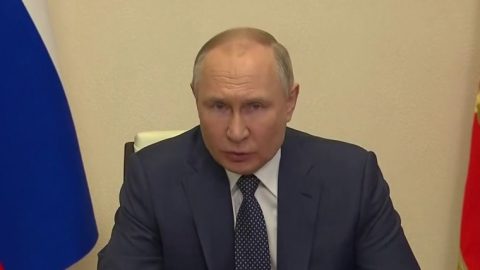
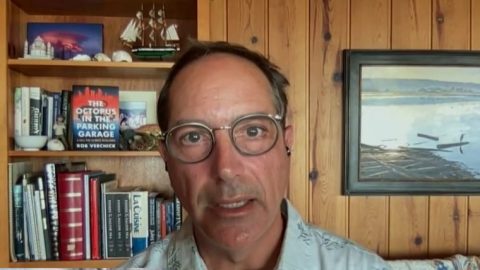
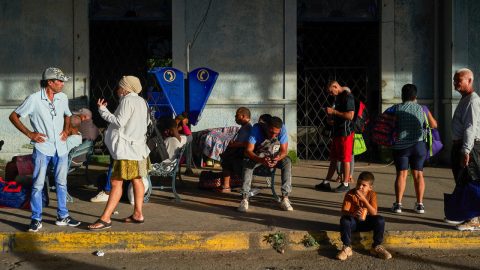
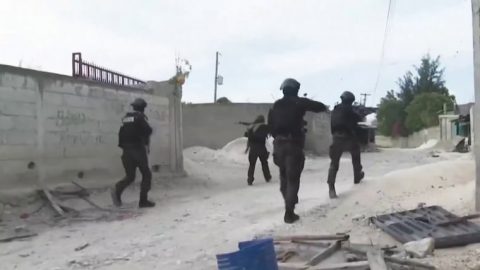
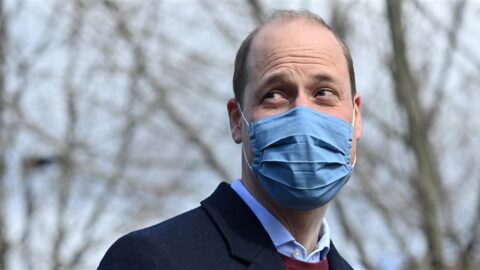
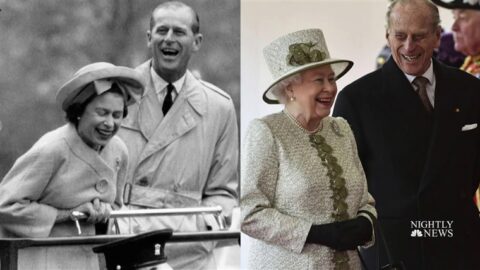
Recent Comments